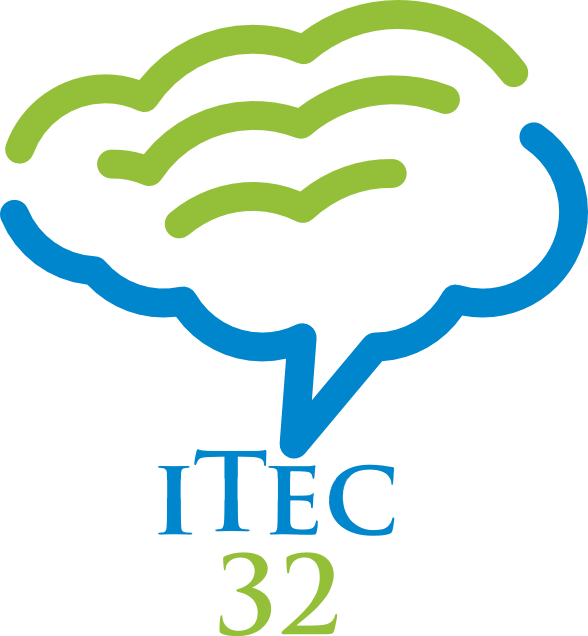Satya Nadella, Chairman and CEO, shared the below communication with Microsoft employees this morning.
As we begin the new year, it’s clear that we’re entering the next innings of this AI platform shift. 2025 will be about model-forward applications that reshape all application categories. More so than any previous platform shift, every layer of the application stack will be impacted. It’s akin to GUI, internet servers, and cloud-native databases all being introduced into the app stack simultaneously. Thirty years of change is being compressed into three years!
We will build agentic applications with memory, entitlements, and action space that will inherit powerful model capabilities. And we will adapt these capabilities for enhanced performance and safety across roles, business processes, and industry domains. Further, how we build, deploy, and maintain code for these AI applications is also fundamentally changing and becoming agentic.
This is leading to a new AI-first app stack — one with new UI/UX patterns, runtimes to build with agents, orchestrate multiple agents, and a reimagined management and observability layer. In this world, Azure must become the infrastructure for AI, while we build our AI platform and developer tools — spanning Azure AI Foundry, GitHub, and VS Code — on top of it. In other words, our AI platform and tools will come together to create agents, and these agents will come together to change every SaaS application category, and building custom applications will be driven by software (i.e. “service as software”).
The good news is that we have been working at this for more than two years and have learned a lot in terms of the systems, app platform, and tools required for the AI era. To more rapidly and boldly advance our roadmap across each of these layers, we are creating a new engineering organization: CoreAI – Platform and Tools.
This new division will bring together Dev Div, AI Platform, and some key teams from the Office of the CTO (AI Supercomputer, AI Agentic Runtimes, and Engineering Thrive), with the mission to build the end-to-end Copilot & AI stack for both our first-party and third-party customers to build and run AI apps and agents. This group will also build out GitHub Copilot, thus having a tight feedback loop between the leading AI-first product and the AI platform to motivate the stack and its roadmap.
Jay Parikh will lead this group as EVP of CoreAI – Platform and Tools, with Eric Boyd, Jason Taylor, Julia Liuson, Tim Bozarth, and their respective teams reporting to Jay.
Jay will work closely with Scott, Rajesh, Charlie, Mustafa, and Kevin to optimize our entire tech stack for both performance and efficiency. Additionally, Jay and team will lead our progress and work around developer productivity and Engineering Thrive across the company.
As our cloud infrastructure business continues to grow and scale to become Microsoft’s largest business, Scott will continue to lead Cloud + AI to ensure we’re delivering the quality, security, and innovation that our customers and partners count on for their most mission-critical applications, databases, and AI workloads.
Ultimately, we must remember that our internal organizational boundaries are meaningless to both our customers and to our competitors. When we talk about operating as One Microsoft, we are effectively talking about how we are continually increasing our customer focus, raising the bar on our innovation, and driving accountability, so we can truly live up to our mission.
Our success in this next phase will be determined by having the best AI platform, tools, and infrastructure. We have a lot of work to do and a tremendous opportunity ahead, and together, I’m looking forward to building what comes next.
Satya
The post Introducing Core AI – Platform and Tools appeared first on The Official Microsoft Blog.
